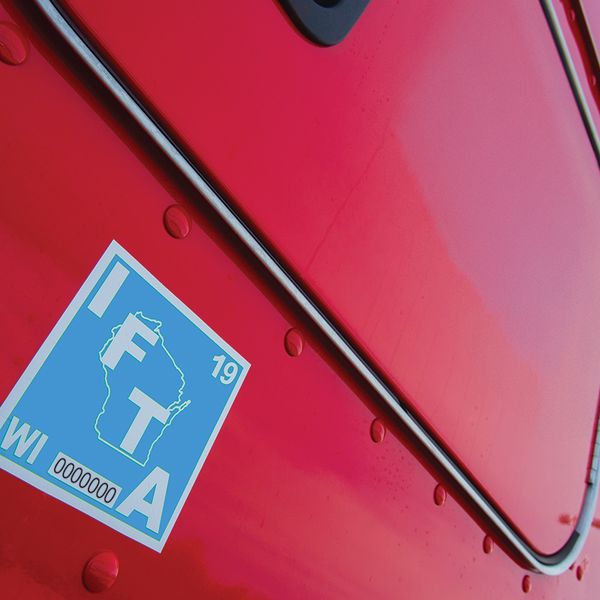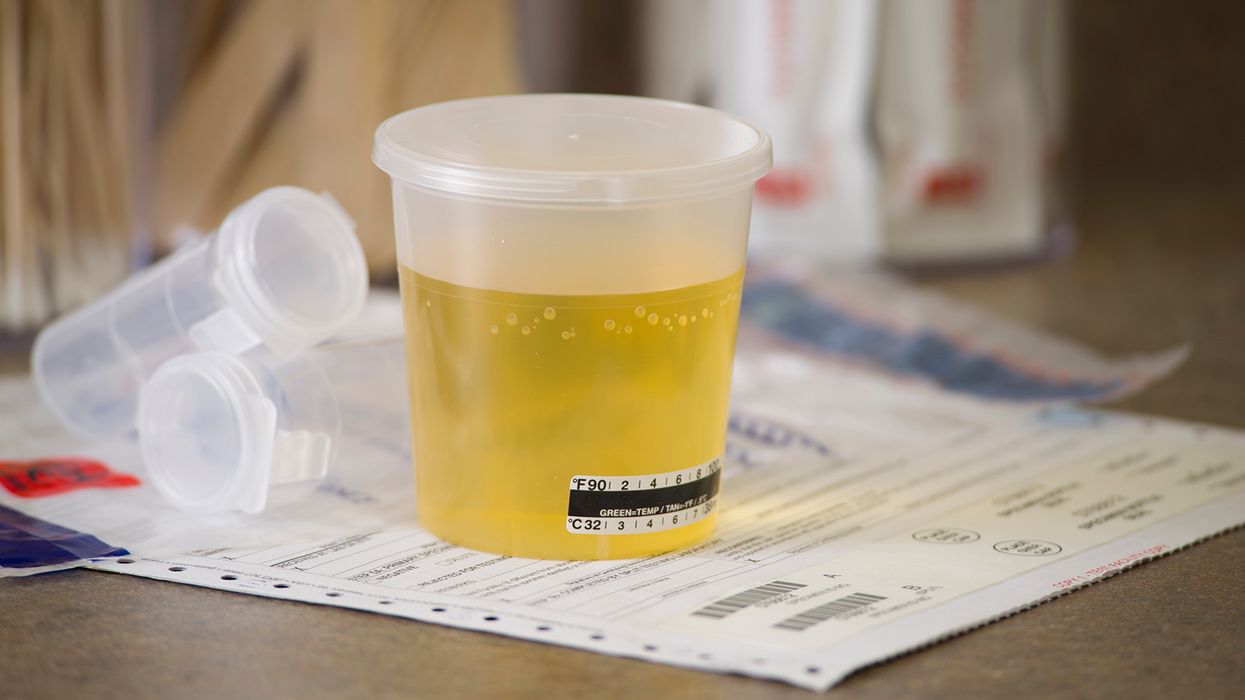What is your base state? Are you sure?
Interstate motor carriers must indicate a base state of operations under several reporting programs. The base-state approach simplifies compliance by eliminating the need to report operations, register vehicles, and pay fuel taxes to multiple states for every vehicle operated by the carrier. But with different criteria under each program, it’s important to pay close attention when choosing which state will be your base jurisdiction.
Carrier registration (UCR)
Nearly all carriers engaged in interstate commerce are subject to the Unified Carrier Registration (UCR) program. Each carrier must register, report fleet size, and pay fees annually to its base state. However, not all states participate in UCR. But even though a carrier’s base state doesn’t participate, they must still register under UCR.
Under this program, when the principal place of business is in a participating state, that state will serve as the carrier’s base state. When the principal place of business is not located in a participating state, any participating state in which the carrier maintains an office or operating facility may serve as its base state.
When a carrier does not have a principal place of business, office, or operating facility in any participating state, the participating state that is nearest to the location of the carrier’s principal place of business may be the base state, or the carrier may select any participating state within their FMCSA region.
| For more details on choosing your base state under UCR, check out the Compliance Network ezExplanation for Unified Carrier Registration. |
Vehicle registration (IRP)
Instead of registering commercial vehicles in every state they travel, carriers can register their trucks in the base state and have apportioned registration recognized by all jurisdictions.
Under the International Registration Plan (IRP), “base jurisdiction” means the jurisdiction (state or province) where:
- The carrier has an established place of business,
- Mileage is accrued by the fleet, and
- Operational records of the fleet are maintained or can be made available.
| Do you need apportioned registration, or would trip permits make more sense? |
Fuel tax reporting (IFTA)
Rather than each state having its own fuel tax regulations, the International Fuel Tax Agreement (IFTA) allows motor carriers to maintain one license, carry one set of fuel credentials, and file quarterly tax returns with a base state. The base jurisdiction then distributes the taxes to all other jurisdictions where the carrier operated.
Under IFTA, base jurisdiction means the member jurisdiction where qualified motor vehicles are based for vehicle registration purposes. However, in some situations (such as leasing or corporate acquisitions, for example) the IRP and IFTA base state might not be the same.
Key to remember: Be sure to understand the different criteria for choosing a base state of operations under UCR, IRP, and IFTA.




















































